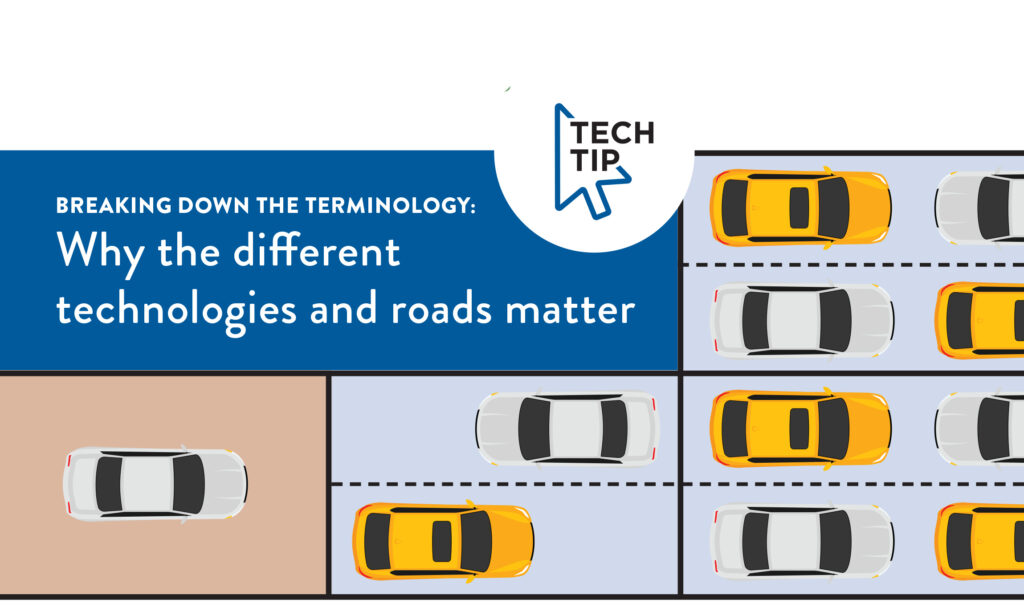
The residents of Steuben County drive on all kinds of roads, from barely more than single-lane dirt roads to the four-lane I-69. Our county’s internet highways have received an upgrade, like some of our roads, over the years. These road types are similar to the different internet technologies available, ranging from dial-up to broadband fiber.
When I say “dial-up,” I am sure anyone around in the 1990s and early 2000s can hear that annoying tone ringing in their ears. Dial-up internet is where the internet started for many of us and expanded our world. Similar to how the dirt roads of Wild West wagon trains expanded the American frontier, dirt roads, and dial-up internet are now things of the past.
DSL technology is faster than dial-up but may not be able to keep up with the demand that some consumers have with their many devices. Local roads can be sufficient for some lower-traffic areas but can become slow and congested during high-traffic times.
Although cable and cellular data technology is faster and may have more bandwidth in areas than all the previous technologies, it is still subject to traffic congestion. Think of Friday afternoons in the summer and lines of traffic on U.S. 20 trying to go around The Mound or trying to turn onto U.S. 20 from a side road. This same traffic congestion can explain dropped calls and cellular internet service.
Some interstates and expressways can switch lanes from north to south or east to west depending on the traffic congestion direction. Fiber internet cannot switch lanes depending on where the consumer needs more bandwidth. Experts do not yet know the limits of fiber internet, and as technology advances, the speed and bandwidth will get better and better for generations to come.
An internet expressway is available in Steuben County, our fiber-optic broadband network. We are helping pave the way for our members and future generations to leave the dirt roads behind, giving them the option to have any devices and services that will improve their quality of life and not have to worry if their internet service is powerful enough.



